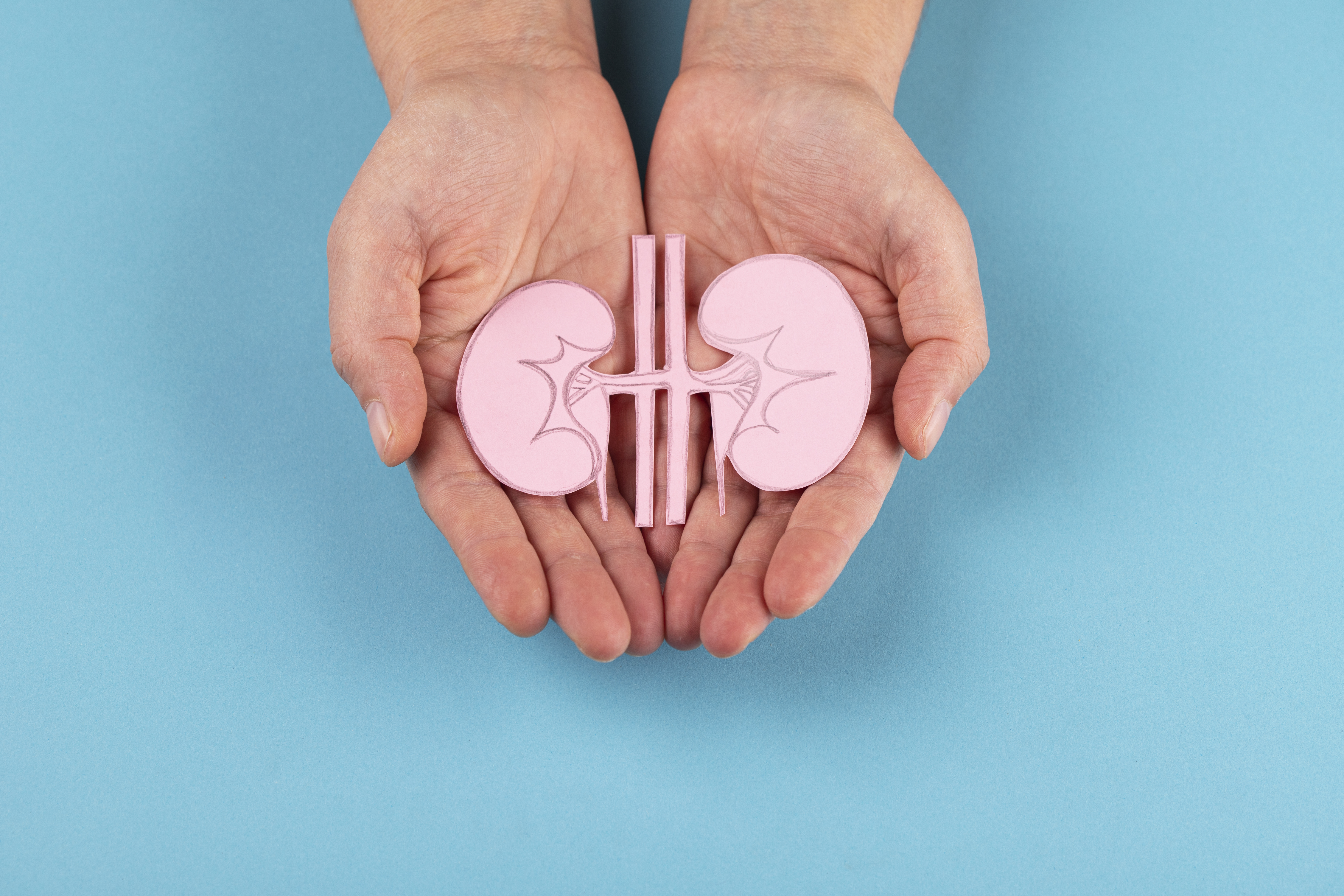Specialty doctors provide expert care for specific health concerns, ranging from ear, nose and...
Read More

Across the country, roughly 58 percent of people choose to register as organ donors. However, this number doesn’t quite align with the 95 percent of American adults who support organ donation. Experts say that this disconnect is likely due to the spread of various myths and misconceptions surrounding organ donation.
Here are some of the most common misconceptions about being an organ donor.
According to experts, the most common—and possibly most harmful—misconception about organ donation is that, should you need emergency medical treatment, doctors won’t work as hard to save your life as they would if you were not a registered donor. This is just about as far from the truth as it gets.
A doctor’s primary objective in an emergency care situation is to treat their patients to the best extent of their abilities while also taking into account the wishes of the patient and their families. Organ procurement organizations (OPOs), the groups responsible for collecting and distributing donated organs, have no say in the care patients get. In fact, many primary care providers aren’t even made aware if someone is an organ donor.
If organ donation was available in the 1800s, this myth might be true. But with today’s advancements in medical technology, it is still possible to have an open casket funeral after donating your organs. Incision lines are minimal, and those that exist are covered up by clothing, just as if the person had not been a donor.
For organ donors, there are no costs for them or their families after they have passed—ever. Any costs incurred from treatment received in an emergency care situation are related only to the treatment being received. Costs associated with the procedure of organ removal are handled most often by either the recipient, Medicare or a non-profit group, but never the family of the donor.
There are strict medical criteria for organs to be used for donation, but age is not a factor in organ donation. And there are very few medical conditions that disqualify you from organ donation. Even if some of your organs are not viable, others may be perfectly healthy and qualify for donation.
It only takes 30 seconds to sign up to become a donor. Visit www.donors1.org to register.

Specialty doctors provide expert care for specific health concerns, ranging from ear, nose and...
Read More
Understanding the most common surgeries can help prepare patients for potential procedures. Knowing...
Read More
Learn about how transcarotid artery revascularization (TCAR) compares to traditional treatments like...
Read More
The material set forth in this site in no way seeks to diagnose or treat illness or to serve as a substitute for professional medical care. Please speak with your health care provider if you have a health concern or if you are considering adopting any exercise program or dietary guidelines. For permission to reprint any portion of this website or to be removed from a notification list, please contact us at (856) 537-6772